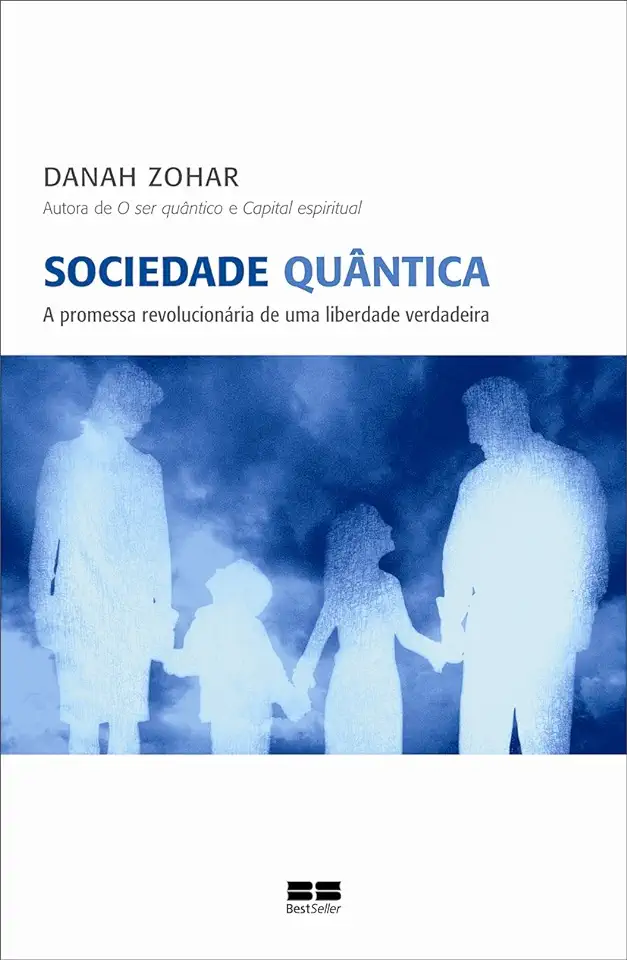
Quantum Society - Danah Zohar
Quantum Society: The Social Implications of Quantum Physics
In her groundbreaking book, Quantum Society, physicist and philosopher Danah Zohar argues that the principles of quantum physics have profound implications for our understanding of human society. She draws on the latest research in quantum physics to show how the interconnectedness of all things, the uncertainty principle, and the wave-particle duality of matter can help us to understand the complex social phenomena that shape our world.
Zohar argues that the quantum world is not a world of separate objects, but rather a world of interconnectedness and interdependence. This interconnectedness is reflected in the social world, where our actions are constantly affecting and being affected by the actions of others. The uncertainty principle tells us that we can never know everything about a system, and this uncertainty is reflected in the social world, where we can never fully predict the consequences of our actions. The wave-particle duality of matter tells us that particles can exist in two or more states at the same time, and this duality is reflected in the social world, where people can have multiple identities and roles.
Zohar uses these principles to develop a new understanding of social phenomena such as cooperation, conflict, and creativity. She shows how the interconnectedness of all things can lead to cooperation and mutual understanding, while the uncertainty principle can lead to conflict and misunderstanding. She also shows how the wave-particle duality of matter can lead to creativity and innovation.
Quantum Society is a groundbreaking book that offers a new way of understanding the social world. It is a must-read for anyone interested in the intersection of science and society.
Key Concepts
- Interconnectedness: The quantum world is not a world of separate objects, but rather a world of interconnectedness and interdependence. This interconnectedness is reflected in the social world, where our actions are constantly affecting and being affected by the actions of others.
- Uncertainty: The uncertainty principle tells us that we can never know everything about a system, and this uncertainty is reflected in the social world, where we can never fully predict the consequences of our actions.
- Wave-particle duality: The wave-particle duality of matter tells us that particles can exist in two or more states at the same time, and this duality is reflected in the social world, where people can have multiple identities and roles.
Applications
The principles of quantum physics can be applied to a wide range of social phenomena, including:
- Cooperation: The interconnectedness of all things can lead to cooperation and mutual understanding, as people realize that they are all part of a larger whole.
- Conflict: The uncertainty principle can lead to conflict and misunderstanding, as people can never be sure of the intentions of others.
- Creativity: The wave-particle duality of matter can lead to creativity and innovation, as people can explore new possibilities and ways of thinking.
Conclusion
Quantum Society is a groundbreaking book that offers a new way of understanding the social world. It is a must-read for anyone interested in the intersection of science and society.